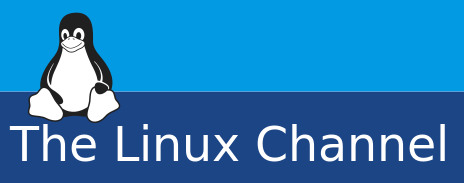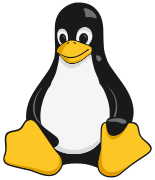Videos :: The Linux Channel

Video Episodes :: Linux (user-space), Systems Architecture and Networking

Thursday' 19-Oct-2023

Saturday' 13-Mar-2021

Thursday' 19-Oct-2023

Saturday' 13-Mar-2021

Saturday' 13-Mar-2021

Friday' 27-Oct-2023

Saturday' 13-Mar-2021

Saturday' 13-Mar-2021

Sunday' 29-Oct-2023

Saturday' 13-Mar-2021

Saturday' 13-Mar-2021

Saturday' 13-Mar-2021

Saturday' 13-Mar-2021

Saturday' 13-Mar-2021

Saturday' 13-Mar-2021
Join The Linux Channel :: Facebook Group ↗
Visit The Linux Channel :: on Youtube ↗
💗 Help shape the future: Sponsor/Donate
Recommended Topics:
Featured Video:
Trending Video:
Recommended Video:














